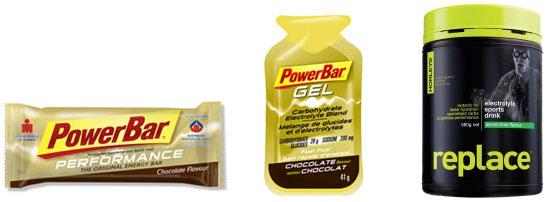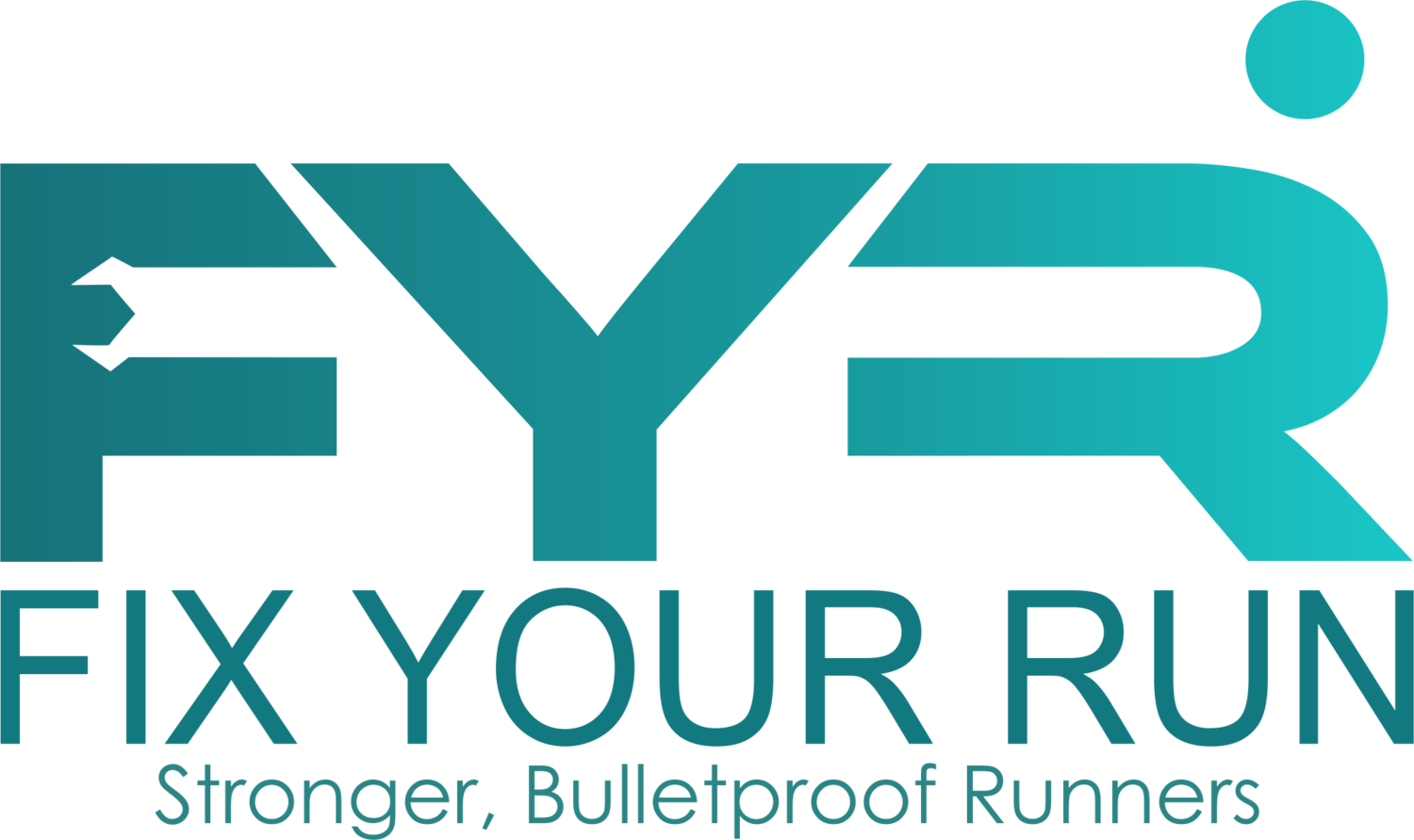 If there's one thing people love, it's being told what to do. They want the guesswork removed, they want to skip the trial and error, and to just know what they should do.
As a coach, it's very easy to fall into the trap of thinking I know best and therefore I know what's best for YOU, too.
If there's one thing people love, it's being told what to do. They want the guesswork removed, they want to skip the trial and error, and to just know what they should do.
As a coach, it's very easy to fall into the trap of thinking I know best and therefore I know what's best for YOU, too.
In my experience, however, a better approach is to encourage you to continue to experiment. I'll gladly share some strategies that have worked with others, but remind you that you are an “experiment of one”. Let's figure out what works for you.
The A.S.S. Rule
Credit David Weinstock, creator of Neurokinetic Therapy™, an amazing neuromuscular evaluation and treatment protocol for restoring function and motor control, for coming up with the A.S.S. rule: Always Start Simply. Instead of applying the A.S.S. Rule to movement dysfunction, let's apply it to nutrition.
an amazing neuromuscular evaluation and treatment protocol for restoring function and motor control, for coming up with the A.S.S. rule: Always Start Simply. Instead of applying the A.S.S. Rule to movement dysfunction, let's apply it to nutrition.
What's the simplest nutrition plan? Eat and drink nothing. No water, no gels, nothin'.
Have you tried that yet? Likely not.
Thanks to marketing, we've been led to believe that unless we take a gel every 30-45 minutes, chug a sports drink, AND top it off with water every other half mile, we'll surely succumb to muscle cramps and hit the wall.
Don't be an ASS. Next time you're out for a long, hard run try getting through with as little as necessary. How far can you go before you feel that fatigue setting in? Take a gel and make sure water is available if you really need it, but experiment a little.
Usually when your carb supply drops below a certain point, you'll notice a corresponding slow down in pace. That's the point we're interested in. Let's start by identifying that.
If you made it 95 minutes, then great. Now you know exactly where you stand. You're currently adapted to that level of carb and fat usage at that pace.
For marathoners, it is essential to push that wall back as far as possible.
Once you know where you stand with respect to your 'wall', I recommend doing a depletion run (no gels/carbs, but water is ok) every few weeks to adapt further and push that wall back. On other long, more intense runs you may want to try getting through with only one gel and water. It's smart to carry extra just in case, though. I think if you can last well over 2 hours of steady running, then your fat burning capacity is good.
If you find you're still fatiguing too quickly, then pay attention to the next section.
Pace and Diet Matter
To run strong for a whole marathon we need to conserve carbs and use fat as fuel as much as possible. Ideally we're depleted AT the finish line. Not sooner. :-)
Pace is a huge influence on this. Typically your easy pace (1:30-2 min/mile slower than 5K pace) will burn a fairly even mix of carbs and fat. The faster you run, the higher burn rate of carbs. However, the more fit you are, the faster you can run while still burning a large percentage of calories from fat.
Your daily diet also has a HUGE impact on how you process fuel during a run or race. Eat lots of sugar or sugary drinks? How about processed breads crackers and other packaged “goodies”? Guess what your body likes to do? Burn carbs. Hold on to fat.
That sucks for marathon running AND swimsuit season.
Guess what runners are constantly told to eat by marketers? Energy bars and sports drinks! In other words, junk food. (There may yet be a time and place for that stuff, but let's start by eliminating it first, then see how you do.)
Look, there's no denying the value of carbs when it comes to performance, but if you don't know how to even access your fat for fuel, then enjoy your 6 mile walk to the finish line.
This whole nutrition thing could easily end up turning into a book so here's the bottom line: Observe your current habits, note how you are currently performing, how you look, and how you feel. If you're unsatisfied, try swapping in a real whole food item when normally you'd just grab a LUNA Bar or some other processed product.
It's amazing how well the body performs when it's given, like, real food.
Finally to sum up, here are:
3 Tips To Fuel Your Best Marathon
- Follow the A.S.S. Rule and start experimenting by using as little as possible during training. Add on from there only if your body (vs. marketers) says you need it. Maybe water and 2 gels work for you, maybe its 6 gels, 32 oz of gatorade, plus a pizza. Experiment!
- As if you didn't already know to avoid sugars and processed food, you now have another reason. Try upping your veggie intake and choosing real, whole, unprocessed foods. Turns out great nutrition habits work for marathon running, too. Shocking!
- Your pace, and more specifically effort, GREATLY influences how fast you burn through your carb supply. Consider walking or dialing back on the uphills. Avoid surging or running someone else's pace. Tune into your effort and keep it steady. Fluctuations in effort speed up carb burning.
What do YOU think? What's been working and what's not been working? After reading this are you considering changing anything?

